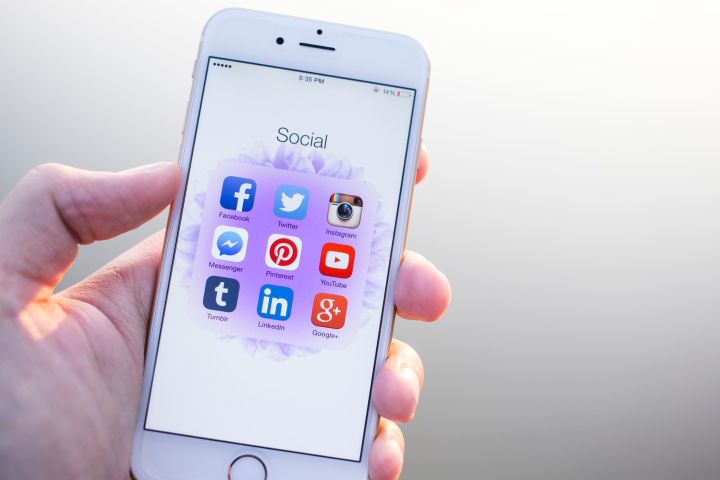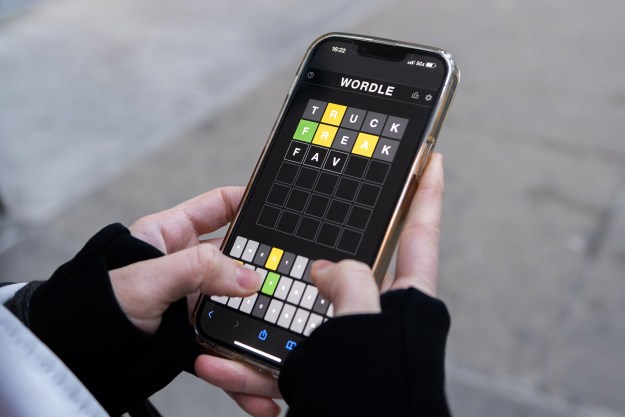
Social media profiles will now be part of the vetting process for an estimated 15 million U.S. visa applications. After requiring social media profiles for only select applicants, social media usernames will now be required for nearly every visa applicant, the Associated Press reported.
The updated visa application now requires most applicants to provide their social media usernames, along with their previous email addresses and phone numbers from the past five years to use in the vetting process. The updated application is for both immigrant and nonimmigrant visas and recently came into effect after the change was proposed in March. Certain types of visas, including some diplomatic visas, do not require the information.
Previously, social media accounts were considered only from select applicants, such as individuals that have traveled to areas with terrorist activity. The expansion of the social media vetting is estimated to affect 15 million applicants annually.
In a statement, the State Department said the change will help enhance screening. “National security is our top priority when adjudicating visa applications, and every prospective traveler and immigrant to the United States undergoes extensive security screening. We are constantly working to find mechanisms to improve our screening processes to protect U.S. citizens, while supporting legitimate travel to the United States,” the department said in a statement.
In the new section on the paperwork, applicants are asked to provide their social media accounts from the past five years for a handful of different networks. Applicants can also voluntarily share networks that are not listed on the forms. Sharing the information allows the State Department to view data on the social network as well as photos, locations, and other information.
An option will allow applicants without social media accounts to still apply for a visa, but The Hill notes that officials will check to see if that individual doesn’t have any accounts.
The update, which went into effect on Friday, May 31, has progressed from asking applicants to voluntarily give social media details, to requiring for some applicants, to requiring for almost all visa applications. Critics say the change violates privacy, suggesting that government monitoring of social media accounts can make users less likely to share on that network.
Editors' Recommendations
- Forget about the TikTok ban; now the U.S. might ban DJI
- The U.S. government is now using AirTag trackers to spy on packages
- Instagram further restricts content for new accounts under 16
- This Twitter vulnerability may have revealed owners of burner accounts
- WhatsApp now lets you control who can see your profile




